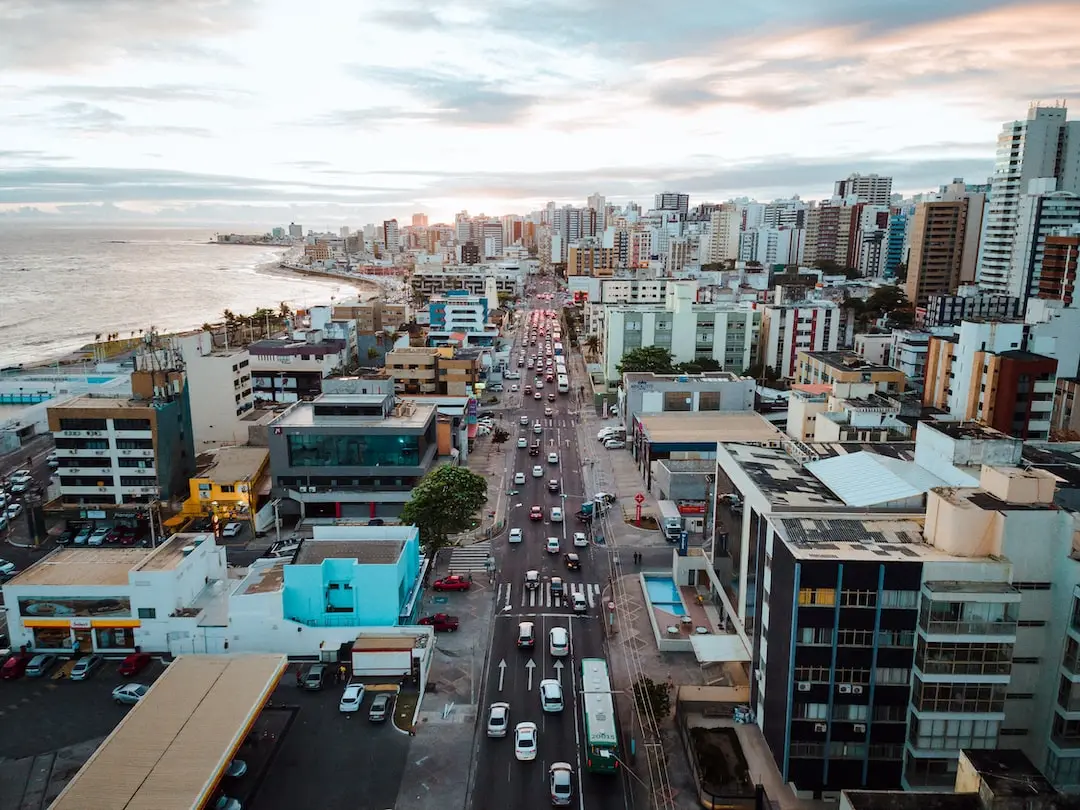El Salvador is shifting its economic strategy, focusing on redistributive investments to exceed its 2.4% average growth.
This approach aims to improve low-income families’ well-being.
Daniel Serrano from the Jesuit Central American University (UCA) explains that this involves reallocating societal resources.
Serrano stresses the importance of developing productive forces, including both means of production and labor.
He notes that El Salvador needs $550.4 million for this purpose. To achieve an 8% growth rate, the country requires $1.852 billion in investments.
In a recent economic and social overview, Serrano emphasized social collaboration.
He called for joint efforts from businesses, workers, and the state to redistribute economic surplus.
This move aims to enhance working families’ welfare, with fiscal policy as a key driver.

Data from El Salvador’s Central Bank and Ministry of Finance shows that in 2019, state investments totaled $1.002 billion.
This falls below the $1.852 billion needed for targeted growth and welfare improvement.
UCA Vice-Rector Omar Serrano highlighted global challenges affecting El Salvador, like inflation from the Russia-Ukraine war.
Despite an economic crisis, the World Bank revised El Salvador’s 2023 growth forecast to 2.8% and 2.3% for 2024.
These figures, however, remain low compared to other Central American countries.
Background
El Salvador’s new economic model aligns with global efforts to achieve inclusive growth, a trend especially relevant in developing countries.
Historically reliant on certain sectors and remittances, the country is moving towards sustainable, equitable policies.
El Salvador aims for a diversified, resilient economy by focusing on redistributive investments. This is vital in nations where economic disparity impedes growth.
While El Salvador’s growth projections are modest regionally, they show the need for innovative economic tactics.
The World Bank’s forecast, though modest, underscores the importance of ongoing economic improvement efforts.
Investments in human capital and infrastructure are crucial for productivity. Such initiatives, successful in other countries, offer lessons for El Salvador.
This strategy of inclusive growth is not only economically essential but also a step towards social progress.

